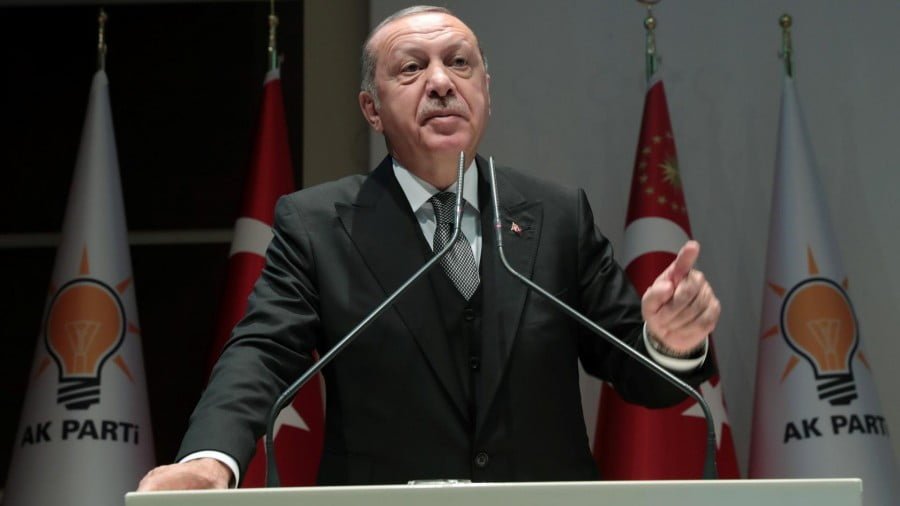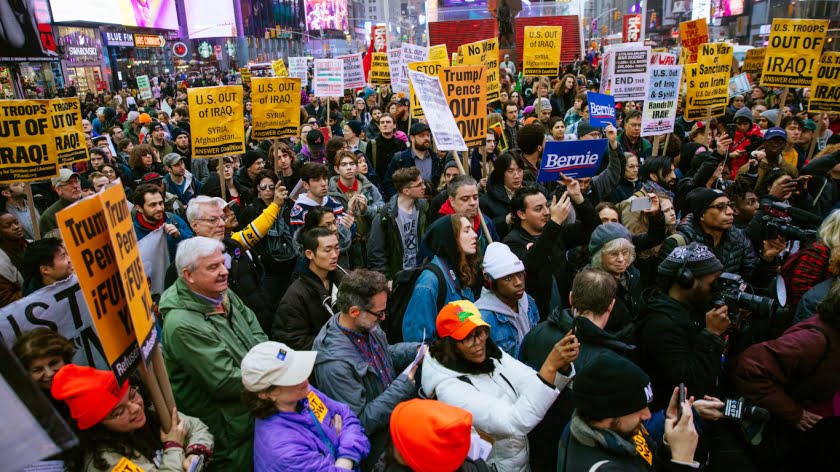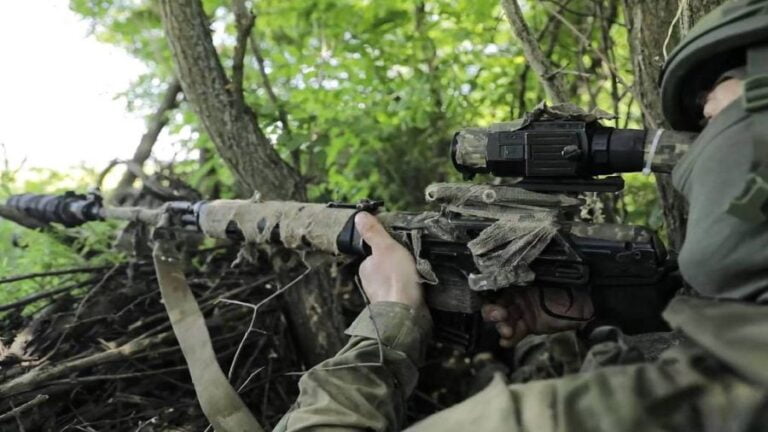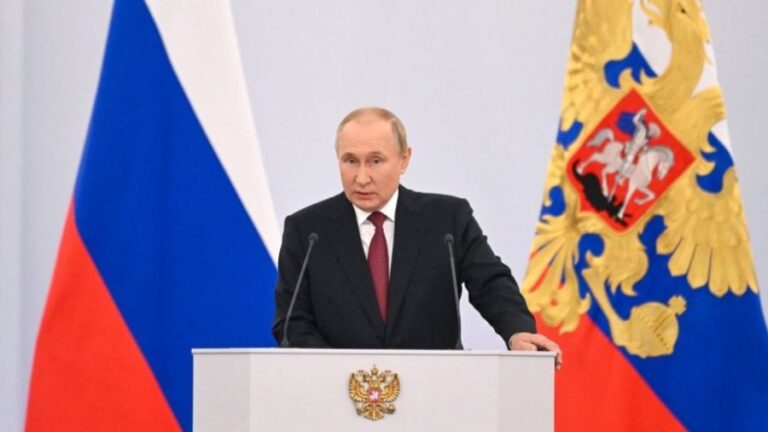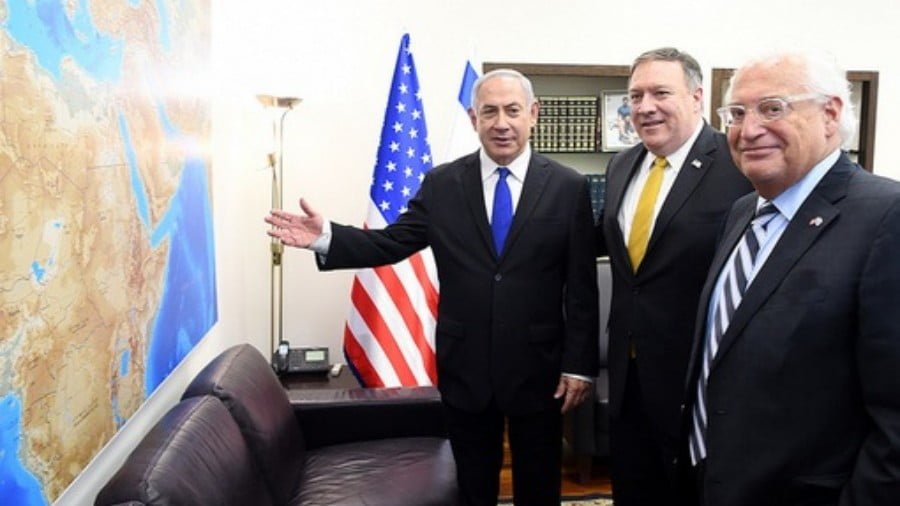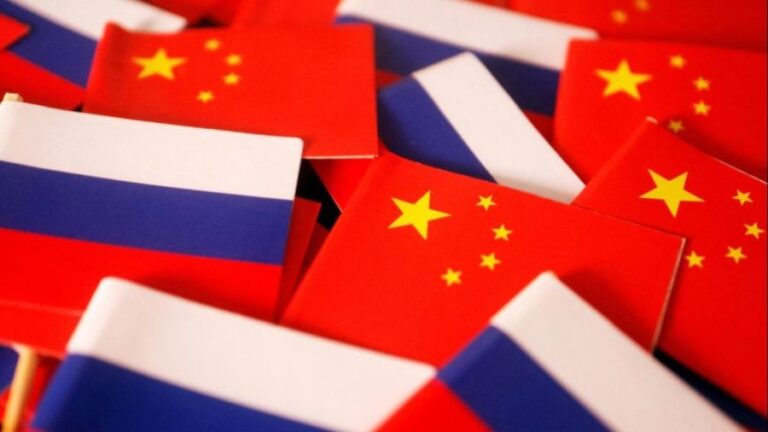Here Are the Geopolitical Implications of Turkey’s President Erdogan’s Speech on Jamal Khashoggi
What Erdogan said
Turkey’s President Recep Tayyip Erdogan has addressed the parliament in Istanbul during which time he delivered a statement on the murder of Saudi journalist Jamal Khashoggi. On the 2nd of October Khashoggi walked into the Saudi Arabian consulate in Istanbul and was never seen again. Weeks later, Riyadh stated that the journalist was murdered during a “fight” which broke out while he was in the consulate to obtain documents which would allow him to marry his Turkish bride to be.
During his statement, Erdogan made it clear that Riyadh’s “fight” explanation was insufficient and that it is Turkey’s official position based on an ongoing police investigation that Khashoggi’s murder was premeditated. The following are some of the key statements Erdogan made regarding the pre-planned murder:
–“A Saudi team of three people landed in Istanbul one day before Khashoggi’s killing, visited forests in Istanbul and Yalov”.
–“Saudi consulate cameras were removed, all footage was deleted from hard drives. Camera footage shows Khashoggi did not leave the consulate”.
–“Saudi Arabia denied the incident on Oct. 4, the consul general invited a Reuters reporter and showed him cupboards, claiming nothing happened”.
–“Murder took place inside Saudi consulate but it should not be forgotten that it took place on Turkish soil; Vienna Convention doesn’t allow investigation of such murders to be prevented by diplomatic immunity”
–“Evidence shows Khashoggi’s killing was a result of a planned operation; Why was the team assembled in Istanbul, Who gave the instruction, Why wasn’t the consulate open to the investigation until many days later? Why were conflicting statements made? Where is the body of a person who was admittedly murdered? We need answers”.
In summary, while Erdogan did not formally accuse the King or Crown Prince of Saudi Arabia of planning this operation, he made it clear that both the now entirely discredited initial Saudi denial of Khashoggi’s murder as well as the subsequent “death through fighting” explanation are both woefully insufficient. Erdogan further called on the eighteen suspects (as well as any further suspects) in the murder to be tried not in Saudi Arabia but in Istanbul. Erdogan further stated that future amendments to the Vienna Convention on diplomatic relations should be amended to make it easier to bring any future murders or other crimes in consular facilities to justice.
Finally, Erdogan said that any local help that Khashoggi murderers may have had must be investigated and that such peoples shall be brought to justice. Here, Erdogan carefully planted the seed that if Riyadh should seek to use its wealth to fund anti-Turkish terror groups, that such criminal acts will be met with a merciless response.
Turkey’s moral victory
If there is any country whose government and society has been shown to occupy the moral high ground in the aftermath of the Khashoggi murder, this government is clearly Turkey. President Erdogan has long tried to maintain relations with Riyadh in spite of multiple strains ranging from Saudi Arabia’s position of hostility to Turkey’s GCC partner Qatar as well as threats from Saudi media that Riyadh would begin funding, arming and possibly sending troops to fight alongside the YPG/PKK terror group in north-eastern Syria.
The brazen Khashoggi murder inside Turkey’s borders was clearly a last straw and one which subsequently vindicated what the Turkish government and the ruling AK Party have been saying for several years. Furthermore, Turkey has taken a more firm yet rational position over the Khashoggi murder than other states have taken over similar events. While Saudi Arabia first denied the un-Islamic murder of a civilian journalist, Turkey continued to stand up for the rights of Khashoggi even before it became clear that a search for a missing person was instead a search for a still undiscovered dead body. As such, Turkey’s already strong prestige throughout the wider Ummah (global Islamic community) has increased as Ankara has displayed a balanced combination of legal normalcy and public anguish over a criminal act of premeditated brutality.
As many Islamic majority nations of Africa and Asia will now be rethinking how safe working with Riyadh will be in future years, Turkey’s partners from Sudan to Malaysia will likely grow closer to their Turkish partner while at some level they will simultaneously be questioning the inherent stability of the Saudi authorities.
Turkey’s moral high ground has also exposed the flaws of several western nations. While many liberal German and other liberal pundits continue to confuse members of the Fethullah Terror Organisation (FETO) with “journalists”, when it comes to seeking justice for the death of a legitimate journalist, Turkey was the first and remains the strongest voice speaking out for Jamal Khashoggi. Furthermore, while Britain and the United States blamed the Russian government for the attempted murder of the convicted Russian traitor Sergey Skripal despite not having any hard evidence linking Moscow to the Skripal poisoning, President Erdogan has not directly accused Saudi Arabia’s rulers of being complicit in the Khashoggi murder. Instead, Erdogan seeks a full internationally accountable investigation before making such accusations.
The European Union
While comparative late to the game in terms of demanding justice for Jamal Khashoggi, EU officials and German politicians in particular are now calling for the temporary suspension of arms sales to Riyadh. The reasons behind this however have more to do with Iran than with Saudi Arabia. The EU is publicly furious that Washington has threatened to invoke so-called second party sanctions on European companies and nations that continue to transact with Iran after November when America will place a new round of heavy sanctions on Tehran.
While the EU has pledged to set up mechanisms to shelter European companies involved in business dealings with Iran from such sanctions, the US remains adamant that it will sanction its European partners if they make good on their pledge to maintain any sort of trade with Iran after the November sanctions deadline.
However, with US midterm elections weeks away and with the US domestic opposition trying to score points against Trump due to his seemingly pro-Saudi views on the Khashoggi murder, EU officials might tell Trump that if he promises to withdraw the threat of sanctions against EU companies and member states that continue trading with Iran after November, they will tone down their own rhetoric so as not to give the US opposition international credibility. This remains a tall order for the EU, but at least in the short term, the Khashoggi murder has given Europe at least some leverage against Donald Trump in respect of Iran.
Pakistan
While prominent western businessmen and political leaders have decided to withdraw their participation from Saudi Arabia’s ongoing The Future Investment Initiative (FII) conference, sometimes called the “Davos in the desert”, Paksitan’s Prime Minister Imran Khan is actively participating in the event. Even before the Khashoggi murder, Pakistan and Saudi Arabia had agreed to a $10 billion investment deal that would see Riyadh cultivate oil fields in Pakistan’s Gwadar port city. The objectively win-win agreement will see Saudi Arabia become integrated into China’s Belt and Road initiative as Gwadar’s port is the southern terminus of the China-Pakistan Economic Corridor (CPEC). Thus, at a time when Saudi Arabia looks to strengthen its relations with China, its traditional Pakistani ally has now become an important place where Saudi Arabia’s state oil company ARAMCO and Belt and Road can literally meet.
The possible western withdrawal of business dealings with Riyadh in the aftermath of the Khashoggi murder makes it all the more important for Saudi Arabia to further cultivate its eastern partnerships including with Pakistan. Therefore, at a time when Islamabad is seeking loans from cash rich nations to plug the current account deficit that ballooned under the previous Pakistan government, Saudi Arabia can help to strengthen its relations with Pakistan and its Chinese partner at a time when at least some western businesses are getting cold feet on Saudi Arabia. This makes the likelihood of a Saudi loan to Pakistan increase for self-evident reasons.
Israel
The Khashoggi murder will if anything strengthen the un-declared Saudi-Israeli alliance. While Europe and some elements of the US seem to be thinking twice about warm relations with the Wahhabi Kingdom, Israel will now work to overcompensate for western cold feet as Tel Aviv cannot afford to lose a wealthy Arab nation that shares Israel’s zealous anti-Iranian and newfound anti-Turkish regional stance. Likewise, as the poor cover up of Khashoggi murder’s attests to, Saudi Arabian intelligence could learn much from the efficient killers in Israel’s Mossad. If anything, cooperation in these areas will increase exponentially as Tel Aviv now realises that it has much it can teach its de-facto Saudi ally.
Russia and China
China has thus far not made any official statements on the geopolitically remote issue of Jamal Khashoggi while Russia’s President briefly stated (when prompted) that as Khashoggi was a legal resident in the US, the ultimate responsibility for his welfare feel to America.
It can therefore be guaranteed that China and Russia will if anything only increase their already growing economic relations with Saudi Arabia but that within this context, such things will not negatively impact China and Russia’s positive relations with Turkey. President Erdogan is a mature politician who clearly understands the wider geopolitical dynamics surrounding China, Russia and indeed Pakistan.
Conclusion
Turkey has largely taken a leading role in the Ummah having long ago supplanted Saudi Arabia as the moral leader of the wider Muslim world (certainly the Sunni Muslim world). Recent events have made it all too clear that in spite of being a formal theocracy, Saudi Arabia has not provided the kind of modern leadership that the Ummah seeks. Turkey by contrast in taking the moral high ground over Palestine and Khashoggi has solidified its role as the undisputed leader of the wider Sunni Ummah.
For Saudi Arabia, relations with Pakistan, China and Russia are now of the utmost importance. Even if the US under Donald Trump continues its lucrative relations with Riyadh as it likely will, the western public reaction to the Khashoggi murder means that Saudi Arabia will work to intensify its already growing relations with both rich and developing nations to the east.
For the US, it is unlikely that under Donald Trump any severe measures will be taken against Riyadh even if the investigation into Jamal Khashoggi’s murder implicates high level officials. Meanwhile, as Europe pretends to take the moral high ground, the EU is merely trying to use the fallout from the Khashoggi murder to bolster the safety of its own business dealings with Saudi rival Iran.

